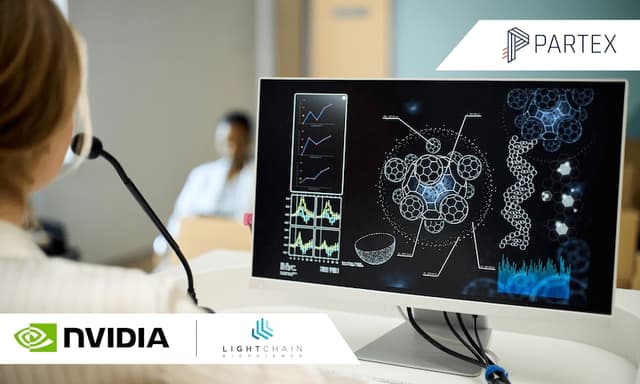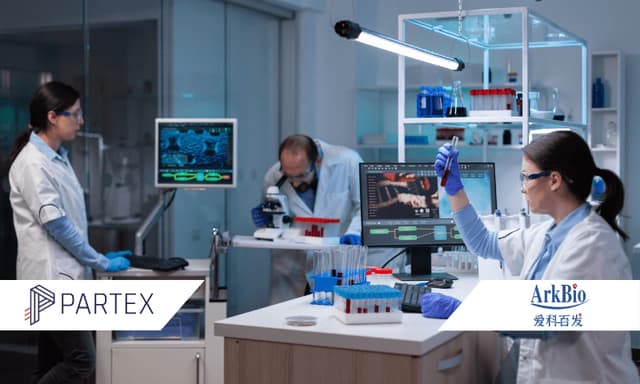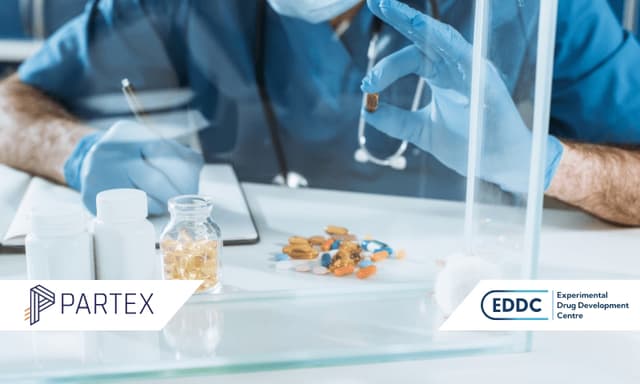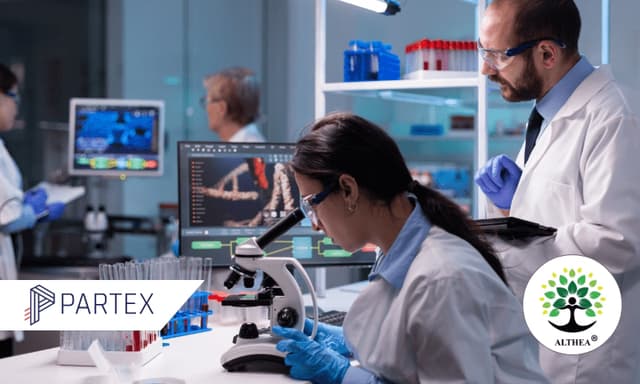In this special guest feature, Gunjan Bhardwaj, Founder and CEO of Innoplexus, discusses how data silos in pharma prevent the latest advancements in machine learning and data analytics from operating at their full potential, how AI and blockchain are transforming incentives in data sharing practices to promote greater transparency, and how companies can leverage open data to drive innovation and lower drug prices. Innoplexus is a global innovation company that uses AI and blockchain technologies to accelerate drug development and reduce the cost of drugs. Before founding Innoplexus, Gunjan was with the Boston Consulting Group and previously served as the manager of Ernst & Young’s German practice. He contributes regularly at Forbes and PharmaPhorum.
As the demand for pharmaceutical innovation accelerates, companies are becoming increasingly attuned to the challenges that they must overcome to keep up with the demand. And as data analytics becomes an increasingly critical component of pharma innovation, the problem of data silos stands out as a barrier urgently in need of attention.
Data silos exist throughout the modern pharmaceutical industry. They exist in databases or shared network folders, between high-level employees at competing companies and between research colleagues at the same company. They are perpetuated by outdated storage and analytics technologies and by perverse incentives and structural features within the industry.
Big Pharma companies use data silos to maintain monopolies on information, creating an unfair disadvantage for smaller companies who are unable to access the data. Government regulations surrounding data privacy and security measures often create silos as well. These regulations essentially prevent data sharing in the name of protecting proprietary information, such as patient health data.
Today, many pharma companies are looking for ways to collaborate with each other and share data across silos, but this proves to be difficult with current technologies and proprietary issues.
Siloed data results in a vertical relay race, which can clutter the decision-making process and can push development timelines past their deadlines. The current verticalization in drug development creates many roadblocks when it comes to sharing proprietary information. Sharing information like clinical study results and patient data is far more difficult than it needs to be.
Verticalization results in a lack of transparency in research, as well as redundant data, as multiple pharmaceutical companies unknowingly end up researching the same disease. Most pharma companies have been operating in this vertical fashion for over two decades. Corporate hierarchies, data silos, and proprietary data continue to drive research and, ultimately, the budget and allocation of resources.
Data silos are a widespread problem in pharmaceutical drug discovery and R&D, resulting in a steady increase in development costs and slow progress in overall research efforts. Silos also drive inequality by creating a landscape where companies with the most siloed data have the most power, taking opportunity and overall equity from other companies in the drug discovery process. In addition to these problems, silos tend to hold back innovation, especially as innovation becomes increasingly data-driven.
But only recently has the scientific community begun to see the problematic effects of unshared data. In order to start removing the barriers associated with data silos—which are now worth billions, if not trillions, of dollars—Big Pharma must take a progressive approach. Transparency is vital. The quality data that has been produced throughout the industry must become accessible, a change that would benefit everyone, from researchers to patients.
Fortunately, cutting-edge technologies like artificial intelligence and blockchain are breaking down silos and incentivising more open and transparent data-sharing practices, both within and amongst pharmaceutical companies. For example, because AI has significantly increased the breadth and amount of data that can be meaningfully analyzed, pharma companies are beginning to realize that more data equals more innovation. Companies are more eager than ever to get their hands on as much biomedical data as possible, and are realizing that the elimination of silos is one significant way to achieve this.
Meanwhile, blockchain is ushering in a new area of data security and transparency. Because data stored on the blockchain is essentially impervious to hacks or manipulation, the data security need no longer be strictly regulated by policies that hamper innovation. With the integration of blockchain into the drug development process, companies can confidently share data in a transparent, secure manner to drive new collaborations and insights.
The McKinsey Global Institute estimates that applying big-data strategies, like blockchain, to better inform decision making could generate up to $100 billion in value annually across the U.S. healthcare system. This can be achieved by optimizing innovation, improving the efficiency of research and clinical trials, and building new tools for physicians, consumers, insurers, and regulators to meet the promise of more individualized approaches.
Eventually, the value of sharing un-siloed data may finally outweigh the value of keeping Big Pharma data private. Until that time, implementing AI and blockchain will greatly help accelerate this paradigm shift from private data to a more horizontal approach. In the near future, these technologies will push data sharing, drug discovery, and development efforts to the next level.
The original article was published on Insidebigdata.

Paris, June 2025 Partex has reduced the end-to-end timeline for antibody optimization from > 700 hours to 48 hours – a reduction by 93%. This enables faster, ...

Partnership builds on the successful launch of AK0707 collaboration, advancing next-generation oncology asset through AI-driven life cycle management Frankfur...

Frankfurt, Germany & Miami, FL, USA – March 17, 2025 – Partex NV and Fortress Biotech, Inc. (Nasdaq: FBIO) (“Fortress”), an innovative biopharmaceutical compan...

Frankfurt, Germany, 20th February, 2025 – Partex is pleased to announce a strategic collaboration with Princeton Drug Discovery Ltd (PDD), a leading biotech c...

Pune, [13-02-2025]: Pimpri Chinchwad University (PCU) reaffirmed its commitment to technological excellence and academic innovation by organizing a two -day Fac...

Pressemitteilung vom 08.01.2025 Die Amrit AG, ein Unternehmen der Partex Gruppe - einem führenden Anbieter von KI-Lösungen im Gesundheitswesen - gibt heute de...

Partnership aims to expand therapeutic potential of proprietary autotaxin inhibitor through AI-driven approach Frankfurt, Germany – Date – Partex, a leader in ...

Frankfurt, Germany, 3 rd June 2024, 9am CET Partex, a leading provider of AI-driven solutions in the pharmaceutical industry, is thrilled to announce i...

Frankfurt, Germany, 23 April 2024 – Partex, a leading provider of AI-driven solutions in the pharmaceutical industry, is thrilled to announce its partnership wi...

Frankfurt, Germany; 28 March 2024 – Partex Group, a pioneer in AI-driven drug discovery, announces a collaboration with Althea DRF Lifesciences, an established ...


Innoplexus wins Horizon Interactive Gold Award for Curia App
Read More